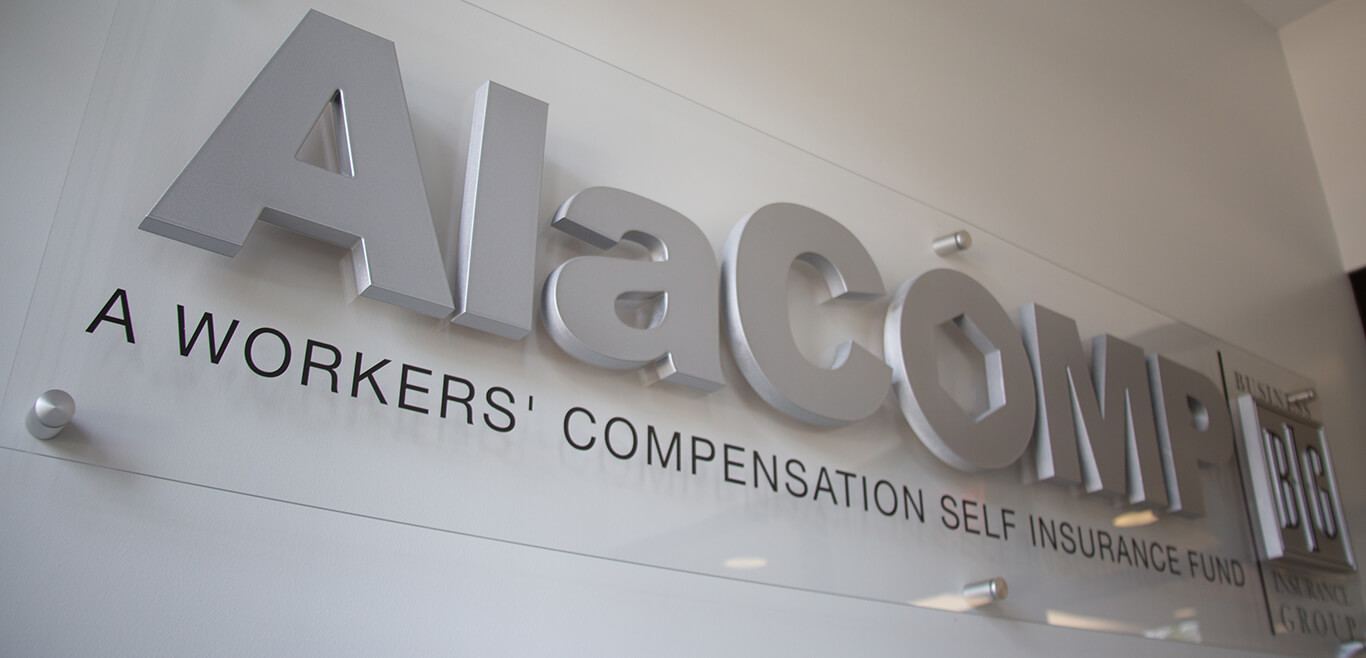|
Subcontractors vs. Employees
Subcontractors and employees may seem like similar terms, but they are vastly different when it comes to employment law and your responsibilities as an employer. The person you hire can affect your business in various ways. Sometimes, it may be better to hire a subcontractor, or other times, an employee is appropriate. Without knowing the difference, you may not know who you should hire.
So, what's the difference between an employee and a subcontractor?
If the employer specifies their wages, hours, and work tasks they are considered an employee. This would also mean that the employer is responsible for withholding income tax and paying the employment-related taxes. Someone who sets their own wages and hours and chooses the jobs they take on is a subcontractor. The subcontractor is responsible for keeping their own records and producing their own income and self-employment taxes. No matter if you are an employee or subcontractor, the employer has the legal right to control the details of how the services are performed, even if you are given freedom of action.
If there is an on-the-job injury, who is responsible?
The employer is still legally responsible for a subcontractor’s employee's injuries. If a subcontractor's employee is injured on the job and the employer does not carry workers’ compensation insurance, they can still be held liable for lost time and medical payments.
What should you require from your subcontractors?
We recommend that employers always require any subcontractor they hire to have proof of workers' compensation coverage by providing a Certificate of Insurance. If the subcontractor has workers' compensation coverage and one of their employees gets injured, they are responsible, not the employer who hired them.
What Does OSHA Say?
According to OSHA Regulation s 1926.16 (A-D), the federal safety and health laws state that the primary responsibility for the environmental safety of all personnel on the job squarely rests on the primary employer, the General Contractor (GC). Even though the GC has primary responsibility for all workers on the construction site, it is imperative that you, as the employer, still maintain safety protocols and programs for your own employees and any subcontractors to prevent on-the-job injuries.
To find additional safety materials visit the AlaCOMP Online Safety Library and click "Heat Stress" under the topic index. If we can provide additional assistance or answer any questions you may have, please contact our Loss Control Department .
|

